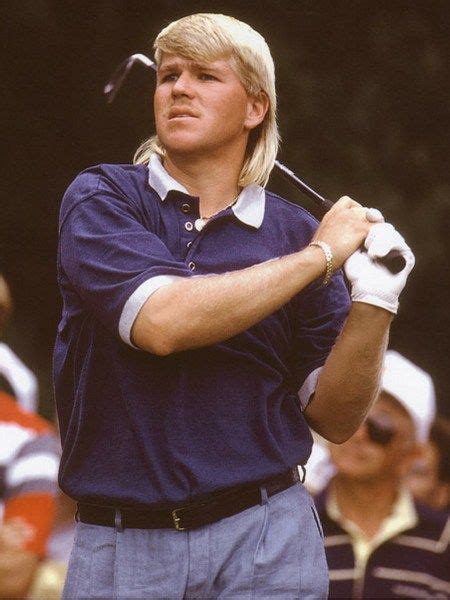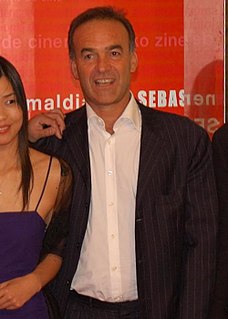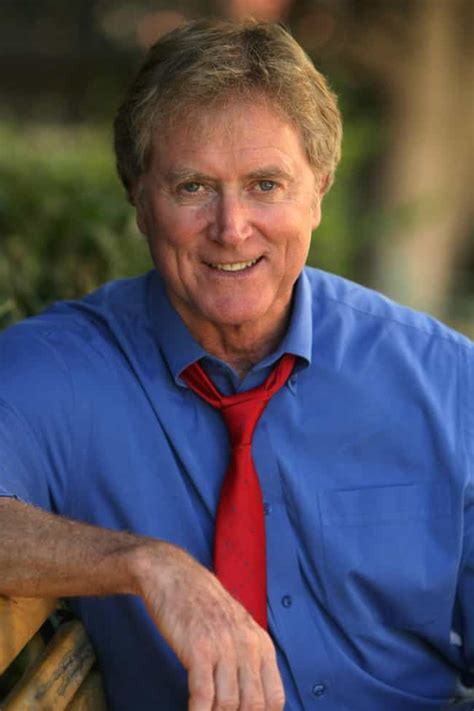A Quote by Al Gore
I just think that a much more important part of the problem we face, which was evident 10 years ago and is even more evident now, is that the way we share information among ourselves as American citizens has been radically transformed. The line between news and entertainment has almost dissolved, where ratings now have a big impact on what kinds of stories are covered and not stories.
Quote Topics
Almost
American
American Citizen
American Citizens
Among
Been
Between
Big
Big Impact
Citizens
Covered
Entertainment
Even
Evident
Face
Impact
Important
Important Part
Information
Just
Kinds
Line
More
Much
News
Now
Ourselves
Part
Problem
Radically
Ratings
Share
Stories
Think
Transformed
Way
Which
Years
Years Ago
Related Quotes
Interactivity is a big part of video games, which have been a big part of entertainment for 20 years. That's what we think of as a 'lean-forward' type of entertainment. It's much more intense. But TV is more of a 'lean-back' entertainment - so the big improvement there is on-demand, because it conforms to your schedule.
You know when you're hungry and excited and you feel humble about it? I like that. In the past, when things were not clear, I think I wasn't ... I didn't have my feet on the ground as much, maybe, 10 years ago. So I just feel like this is a good place to be now, to feel that you want to tell stories from this place and that you're excited to tell stories from this place because you know what you love. I know what I love right now.
Humans are kind of story-propagating creatures. If you think of how we spend our days, think of all the time you spend on entertainment. How much of your entertainment centers around stories? Most pieces of music tell stories. Even hanging out with your friends, you talk, you tell stories to each other. They're all stories. We live in stories.
You know so many documentaries now are very carefully scripted before you start, and then people are sort of put in chairs which are beautifully lit, and they tell their stories and you do that with another 10 people and you then construct a story from what they say. You do a sort of paper thing, and then you put some images in-between, and that's your film. And that's so not what I think is a good documentary. It can be so much more than that, it should be much more of an adventure and much more uncertain... like real things are.
For too long, reporters for the big media outlets have been fixated on novelty, always moving too quickly onto the next big score or the next hot get. Paradoxically, in these days of instant communication and sixty-minute news cycles, it's actually easier to miss information we might otherwise pay attention to. That's why we need stories to be covered and re-covered until they filter up enough to become part of the cultural bloodstream.
I don't necessarily think stories have functions any more than diamonds have functions, or the sky has a function... Stories exist. They keep us sane, I think. We tell each other stories, we believe stories. I love watching the slow rise of the urban legend. They're the stories that we use to explain ourselves to ourselves.
If we're not vigilant foreign countries can have an impact on the political debate in the United States in ways that might not have been true 10, 20, 30 years ago in - in part because of the way news is transmitted and in part because so many people are skeptical of mainstream news organizations that - everything's true and everything's false.
I think that television lately has been extremely dark and, in some ways, cynical but I also think that people who are writing those shows probably feel exactly as I do - that sometimes the darkness of a story can highlight the light in a story. There's a lot of cynical stuff but I think it may be even more in movies now where you see so many movies about cynical and corrupted characters. That's the state of many movies right now but movies, television, all of culture, there's always going to be a battle between the stories that are cynical and stories that are hopeful.
Now an audience of more than 1 billion people is only a click away from every voice online, and remarkable stories and content can gain flash audiences as people share via social networks, blogs and e-mail. This radically equalizes the power relationship between, say, a blogger and a multibillion dollar corporation.

































